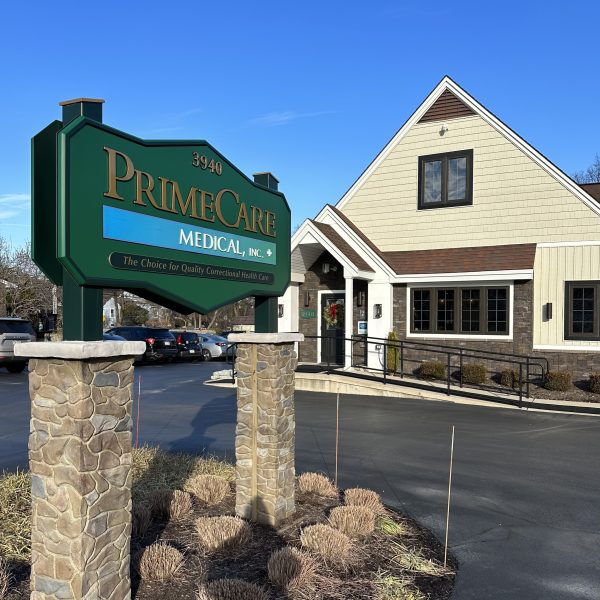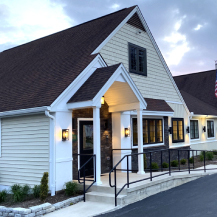VP of Behavioral Health Services
Restoring Balance and Supporting Wellness
Addressing behavioral health in corrections is not only a matter of providing proper care, but also a strategic approach to rehabilitation, reducing recidivism, enhancing public safety, and fulfilling ethical responsibilities.
PrimeCare Medical provides psychiatrists, psychologists, and behavioral health professionals who specialize in correctional psychiatric patient care, crisis management, suicide prevention, and collaborate with local judicial and behavioral health systems. These services are augmented by efficient use of telemedicine, when appropriate.
Psychiatrists
Psychiatrists with correctional experience provide psychiatric evaluation, diagnosis, and treatment to the most challenging patients with mental disorders.
Mid-level Providers
Psychiatric Mental Health Nurse Practitioners (PMHNP) are licensed and nationally board certified to provide psychiatric care for people with mental illness and behavioral health issues.
Psychologists
Psychologists provide supervisory roles to the behavioral health professionals and engage patients in clinical services such as crisis intervention and suicide prevention.
Behavioral Health Professionals
Licensed professional counselors, licensed social workers, behavioral health nurses, and behavioral health support staff such as case managers and psychiatric technicians, complete the behavioral health team. These staff are an integral part of providing therapeutic services to the patient population.
Approximately 2 million individuals with serious mental illnesses (SMI) are committed to jails each year in the United States. This overwhelming number often leads to insufficient access to behavioral health services within correctional facilities, exacerbating the cycle of incarceration for those struggling with behavioral health issues.
The Treatment Advocacy Center found that approximately 15% of men and 30% of women in jail, 3-5% of persons in state prisons, and around 20% of those in solitary confinement have a SMI. However, these individuals often face limited access to behavioral health treatment within correctional facilities, leading to higher rates of recidivism and ongoing behavioral health challenges post-release. Studies show behavioral health services in correctional facilities reduce SMI, better prepare patients for post-release, and reduce recidivism.





